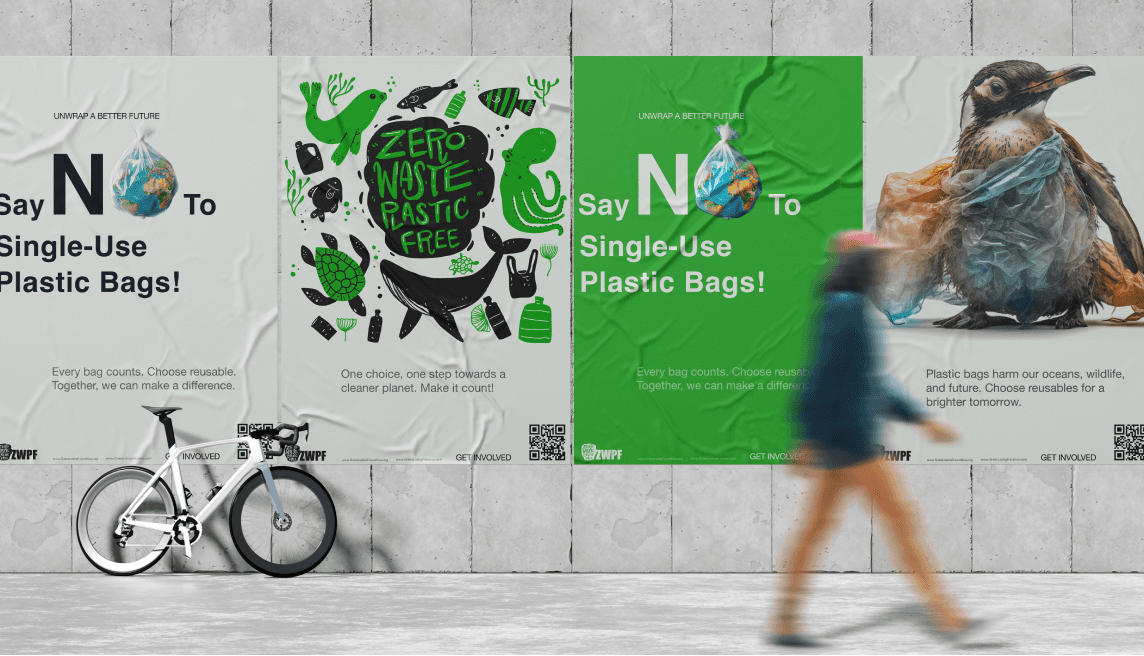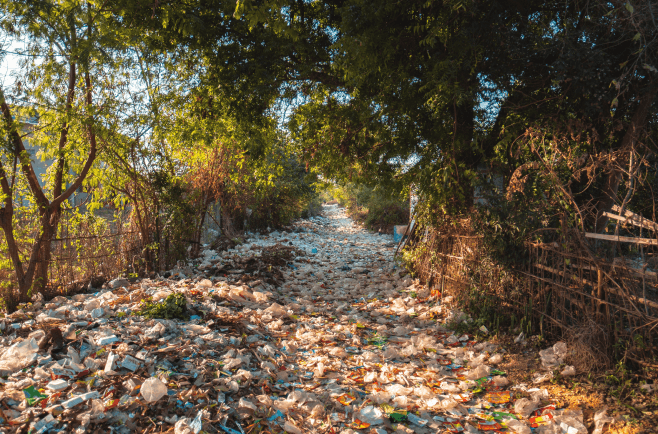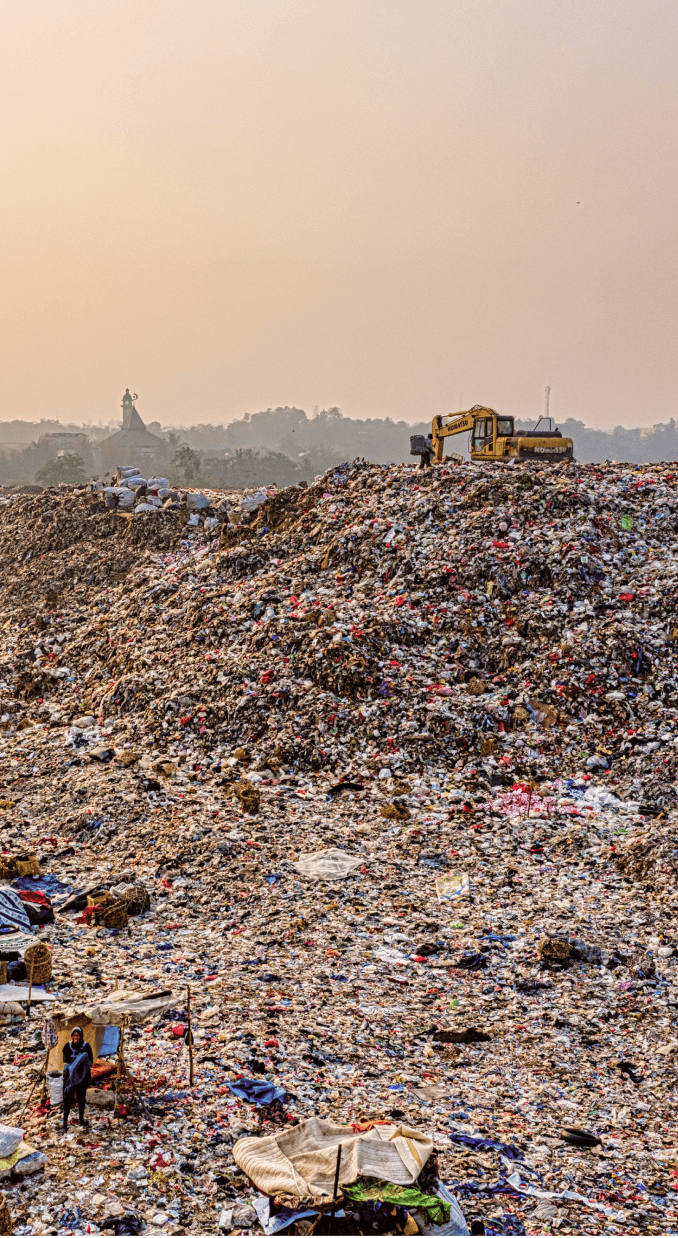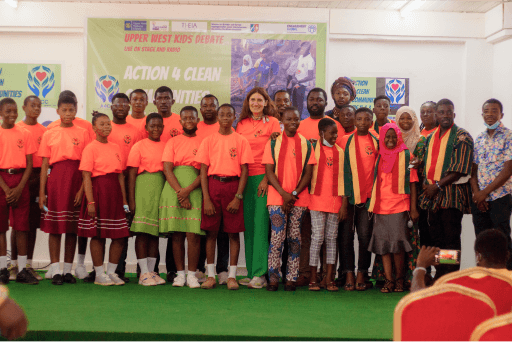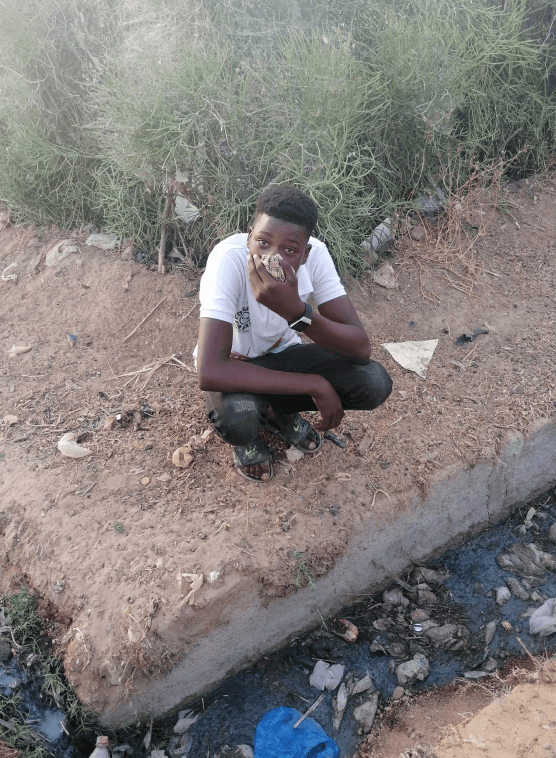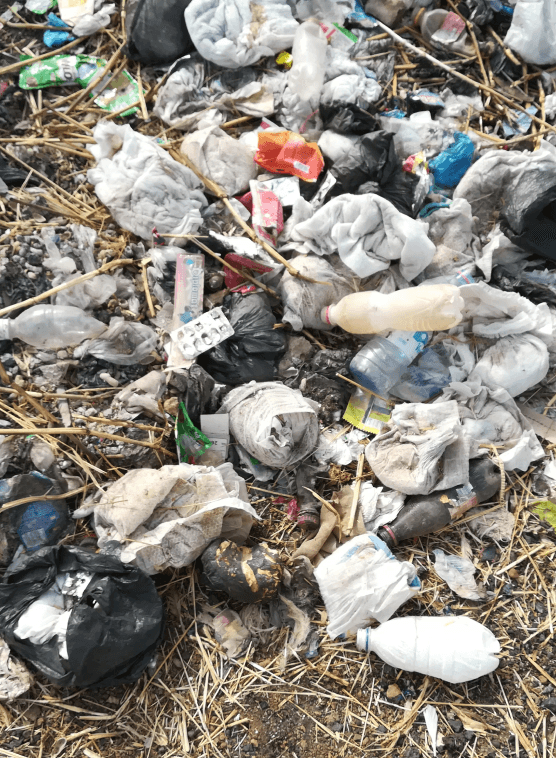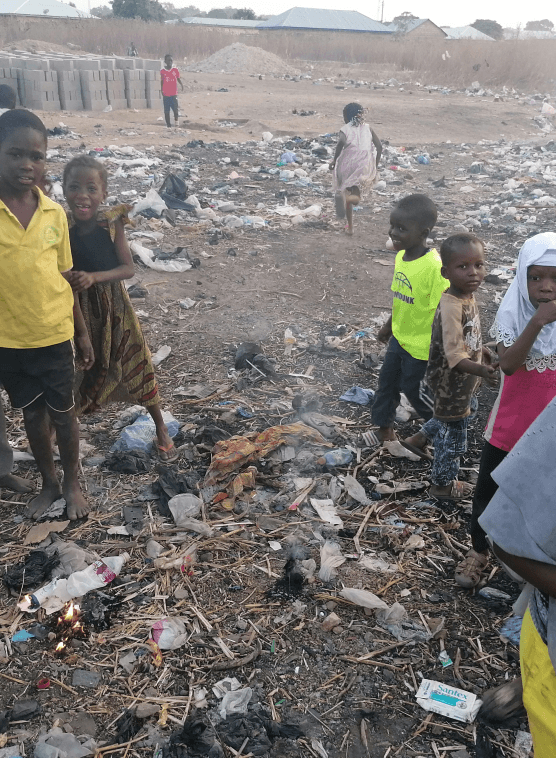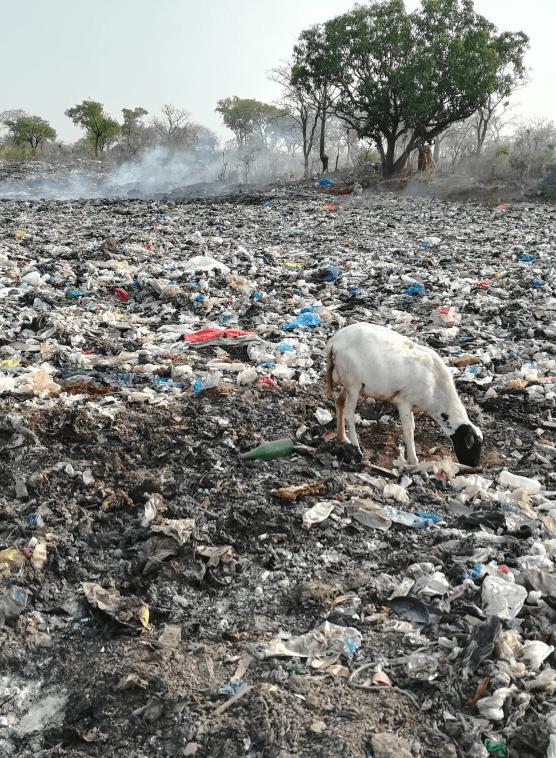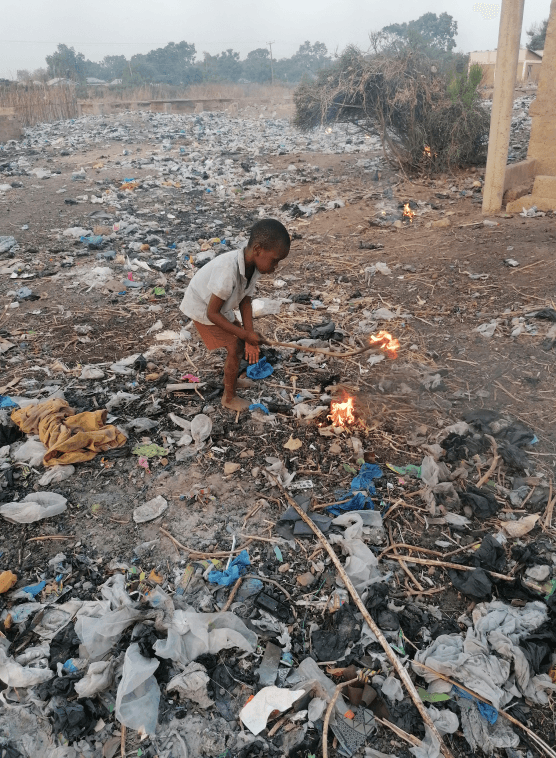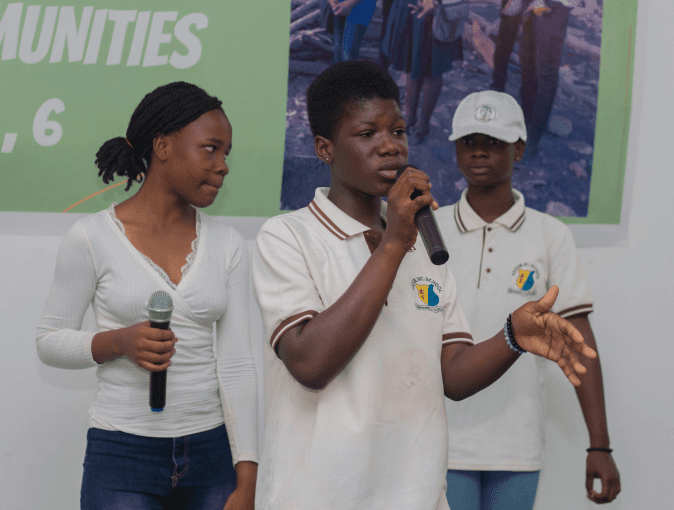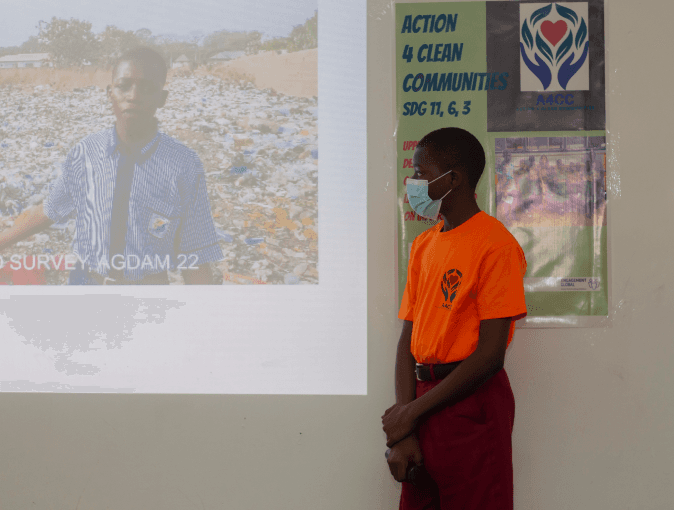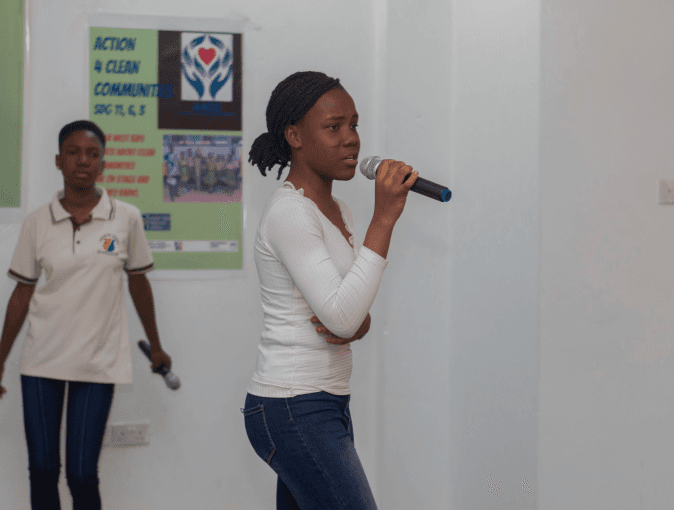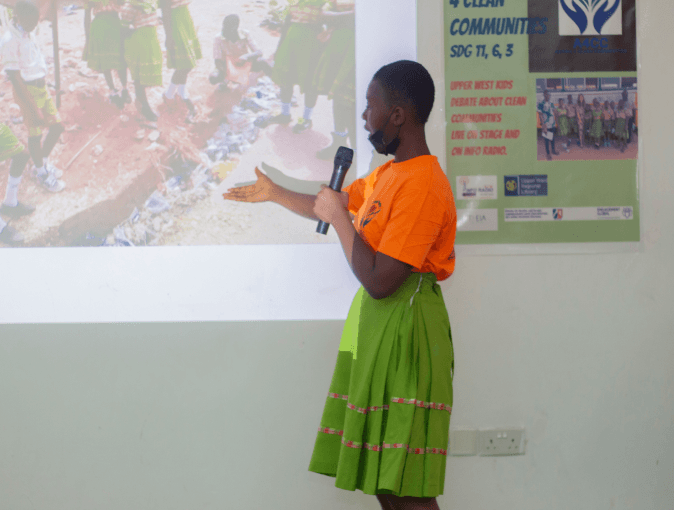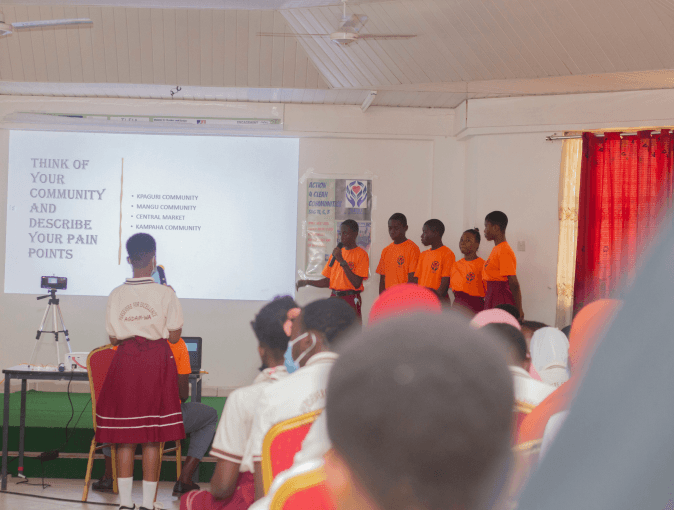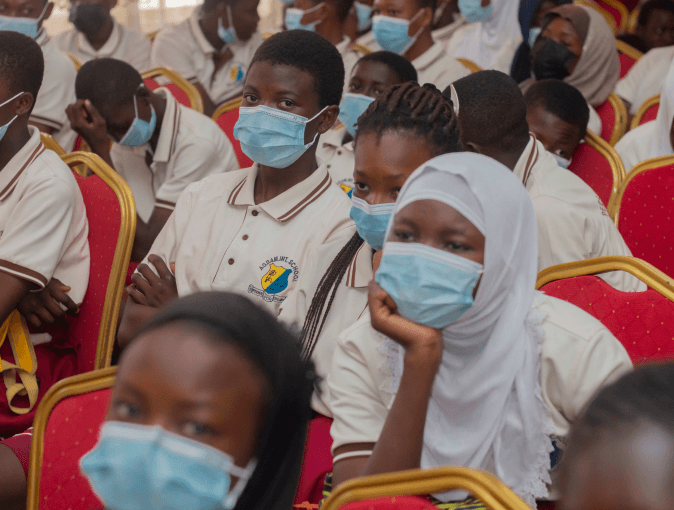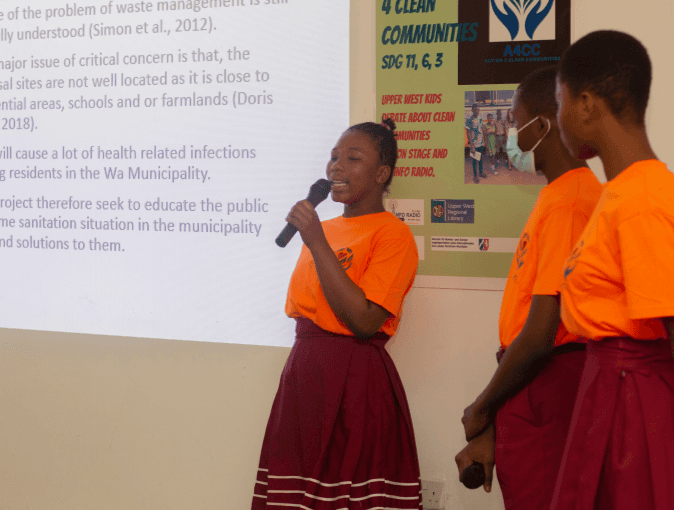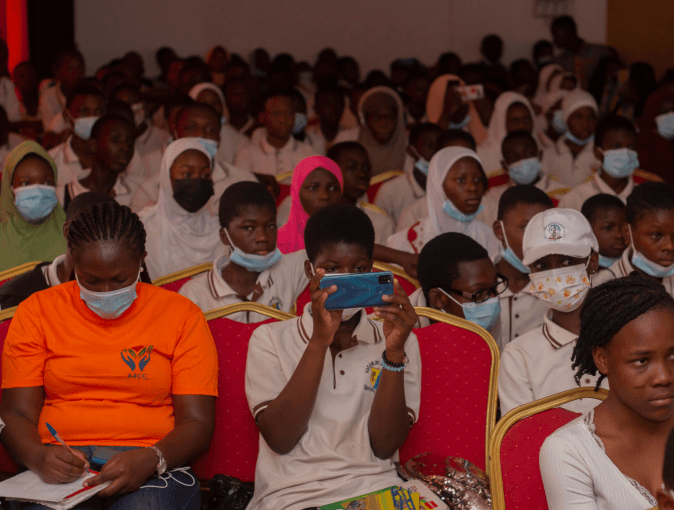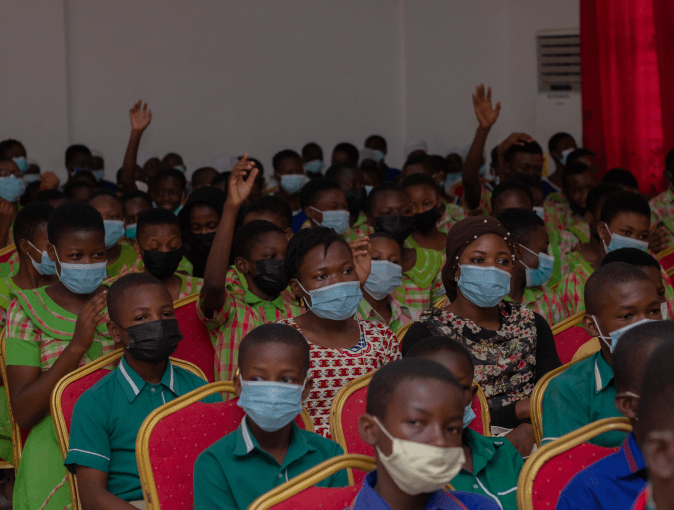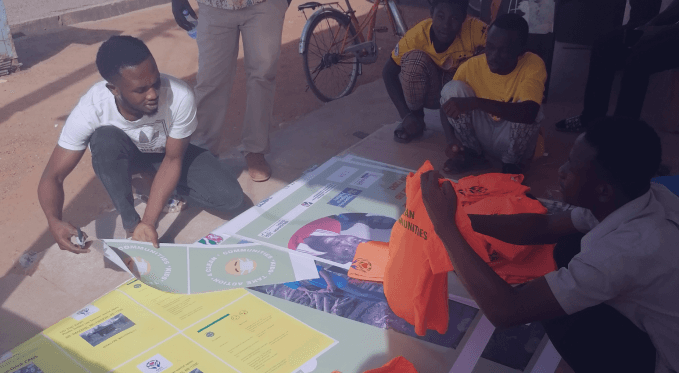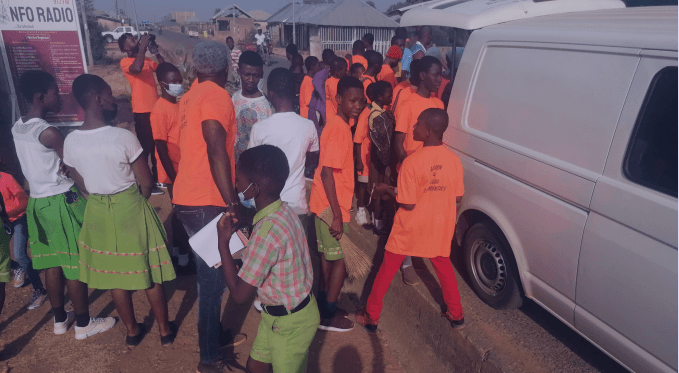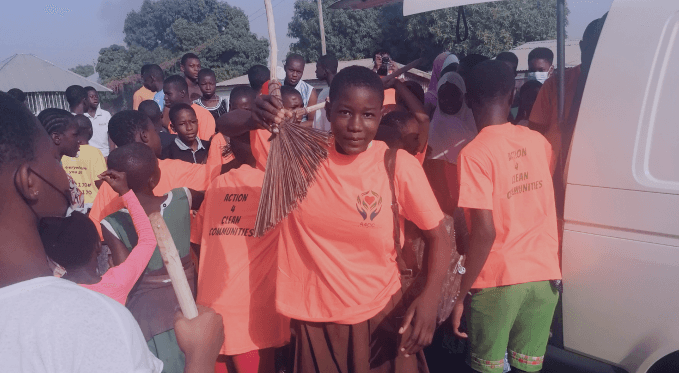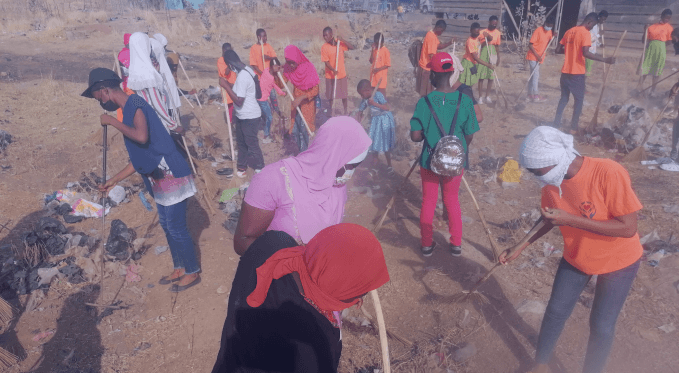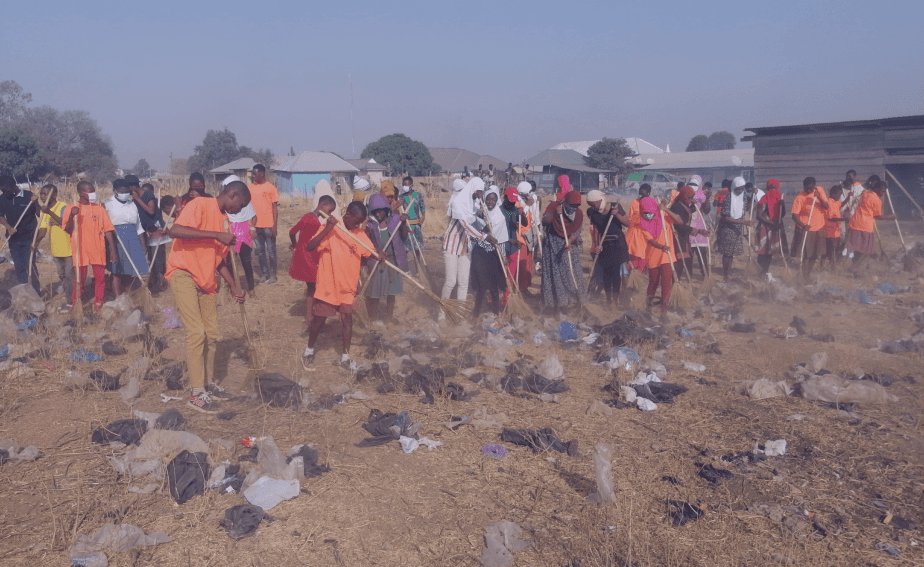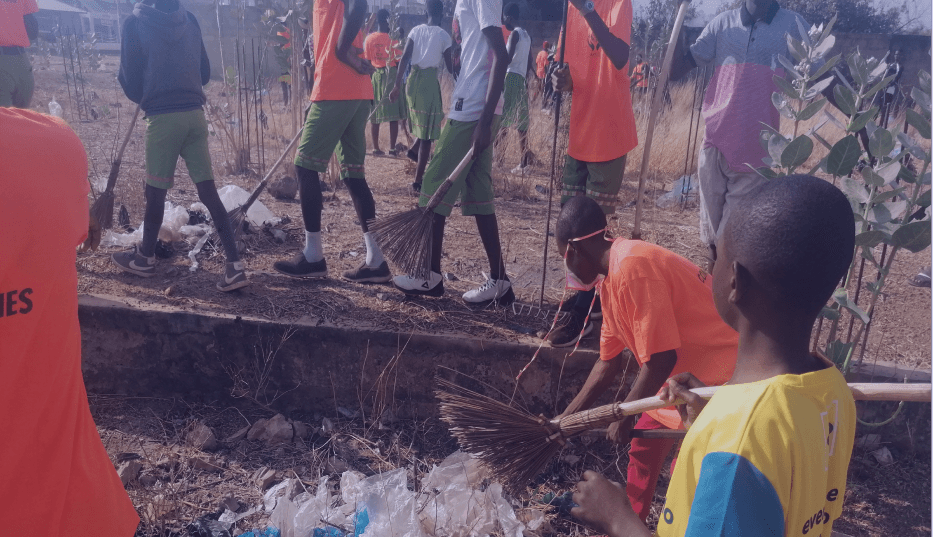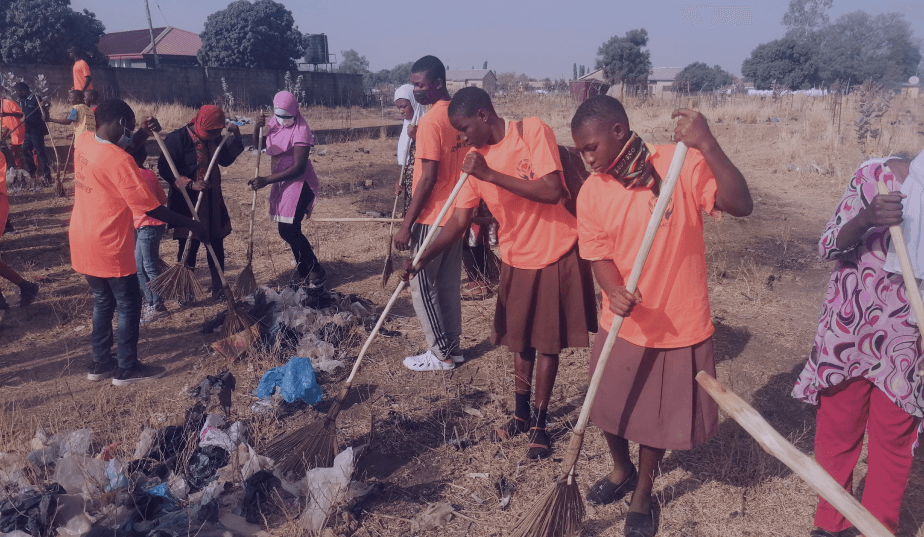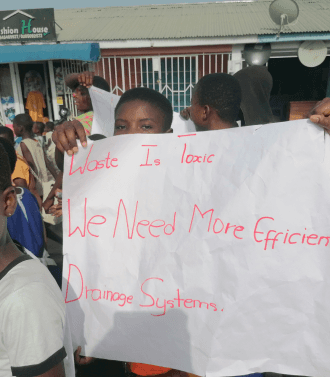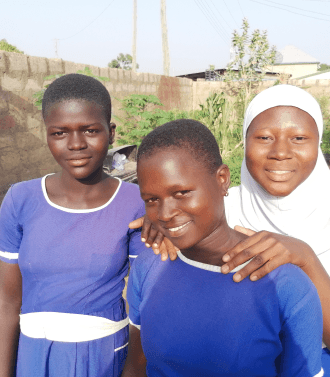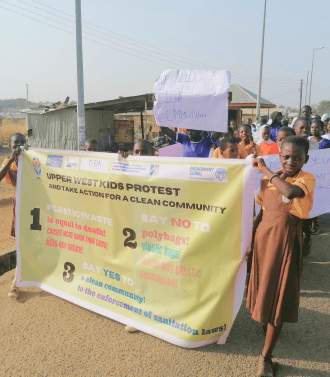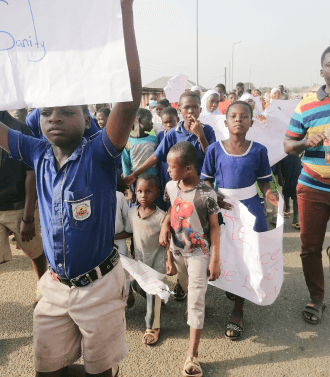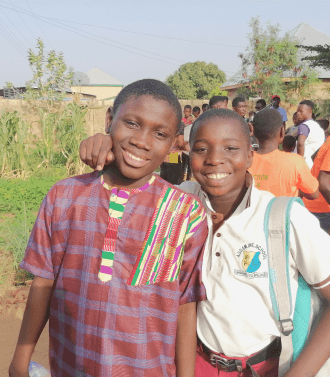And so, the Action 4 Cleaner Communities project was born
What are the sights and sounds here?
What do you smell?
What can you taste and touch?
What are the contexts around these dumps?
Are there schools, homes?
Are children playing around these dump sites?
The idea was to focus on discovering and analysing the reality of the local situation, not yet trying to propose solutions but fully understanding the problem in its local context. Not focusing on statistics from France or research out of the United States but instead, observing and noting their localised reality and coming to a common understanding of their situation.
The 1st Circle of this project saw the youth going into the field and analysing their environment with multi-dimensional questions in mind. What are the sights and sounds here? What do you smell? What can you taste and touch? What are the contexts around these dumps? Are there schools, homes? Are children playing around these dump sites? The idea was to focus on discovering and analysing the reality of the local situation, not yet trying to propose solutions but fully understanding the problem in its local context. Not focusing on statistics from France or research out of the United States but instead, observing and noting their localised reality and coming to a common understanding of their situation.
Finally, youth from three participating schools, as well as the Children’s Parliament, organised a massive clean-up effort in the main spaces within the city of Wa, moving from exploring the issue to confidently getting involved. Taking all precautions while getting their hands dirty, the youth were able to see intimately how damaging the dumps really are to every aspect of their environment. From how the burning of these plastics affected the air quality to how these chemicals affect their soil. Leaving more hazardous materials alone, the youth focused on what they could safely do: separating polyethylene bags and plastic bottles and calling the local recycling company to collect.
But the youth did not stop there. They followed up.
Where did the recycling company
carry this waste?
The answer came as an unpleasant surprise—the waste was just going to the unmanaged open dumping fields where it got burned. So the youth realised that despite making a conscientious step for better, the end result was still environmental toxicity.
So, their next step was to raise their voices and make their dissatisfaction heard. They held a large demonstration on the streets of Wa presenting their ideas in a very local fashion and making the statement,
“Something is very
wrong here and we are not standing for it!”
The outcome of this 1st Circle was therefore comprehension and confidence.
Not yet finding a solution, but understanding the nuances of the problem and being brave and bold enough to step into the fray knowing that a change COULD be made, and that they could be the ones to do it.

